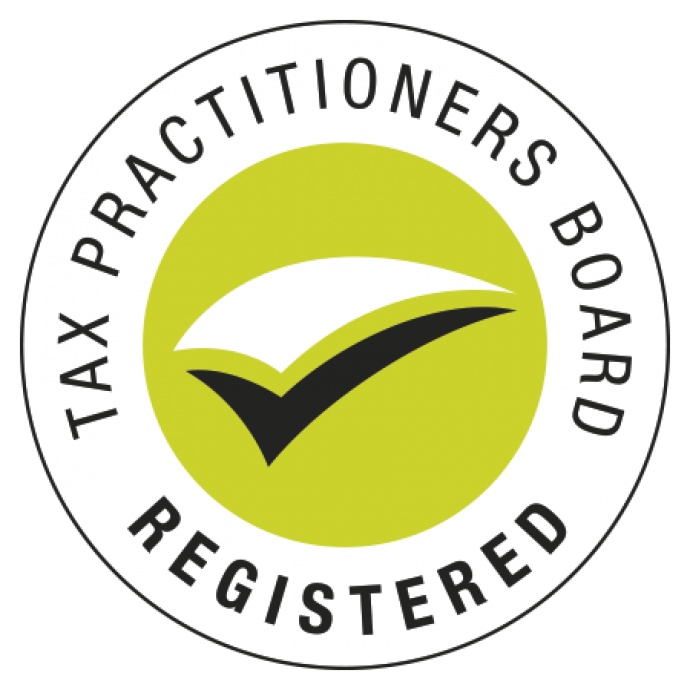
SMSF annual return (accumulation phase)
* SMSF Annual Statement
* Profit & Loss Statement
* Member Statements
* Investment Reports
* Trustee Resolutions & Minutes
* Profit & Loss Statement
* Member Statements
* Investment Reports
* Trustee Resolutions & Minutes
$550 ( inc GST)
* SMSF Indipendent audit
$330 ( inc GST)
Contributions and rollovers
10 July 2020 update
As an SMSF trustee, you can accept contributions and rollovers for your members from various sources but there are some restrictions, mostly depending on the member’s age and the contribution caps.
You need to properly document contributions and rollovers, including the amount, type and breakdown of components, and allocate them to the members’ accounts within 28 days of the end of the month in which you received them.
Find out about:
> Contributions you can accept
> Contribution caps
> Rollovers
> Personal contributions – deductions
You need to properly document contributions and rollovers, including the amount, type and breakdown of components, and allocate them to the members’ accounts within 28 days of the end of the month in which you received them.
Find out about:
> Contributions you can accept
> Contribution caps
> Rollovers
> Personal contributions – deductions





